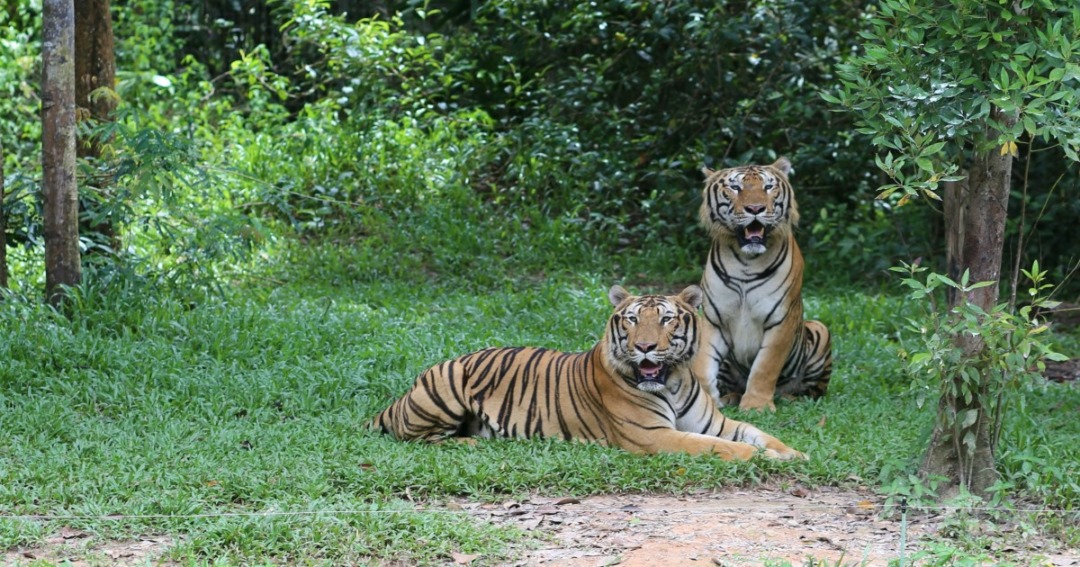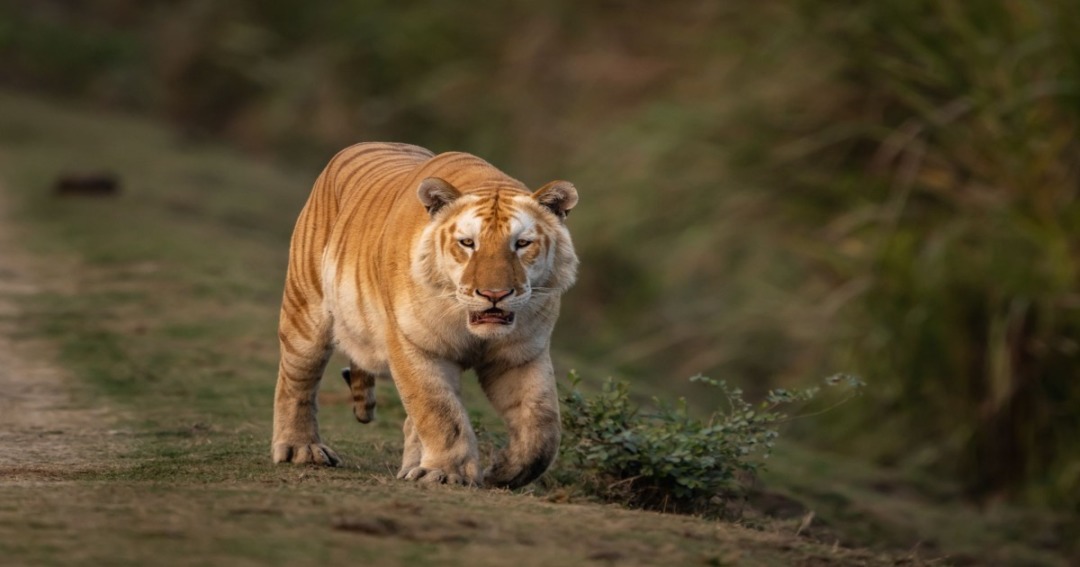
![]()
Kuno National Park, Madhya Pradesh — India’s cheetah reintroduction programme received one of its most heartening developments yet, with Mukhi, a female cheetah brought from Namibia, giving birth to five healthy cubs. Forest officials confirmed the news on Monday, calling it a “landmark moment” for a project that has seen both breakthroughs and setbacks since its launch.
For the team at Kuno, the birth is more than just a number. Mukhi had adapted steadily to her new surroundings over the past year, and her successful litter is being seen as a sign that the animals are beginning to settle into the Indian landscape. Park authorities say the cheetah has been under careful monitoring, and early indications suggest the cubs are healthy and active.
“This is incredibly uplifting for everyone working on the ground,” a senior wildlife officer said. “Cheetahs are extremely sensitive animals, especially during breeding, so a litter of five is a major morale boost.”
India reintroduced cheetahs in 2022, decades after the species vanished from the subcontinent. The programme has drawn global attention and, at times, criticism due to challenges such as territorial clashes, illness, and the task of managing a species unfamiliar with the region after nearly a century.
Despite the hurdles, Mukhi’s cubs have renewed optimism within the conservation community. Experts say the birth shows progress in habitat preparation, prey availability, and long-term adaptation — all crucial for establishing a stable population.
The next few weeks will be critical, as cheetah cubs are vulnerable in their early stages. Wildlife teams are maintaining distance while keeping a close watch to ensure the mother has everything she needs.
For now, Mukhi’s achievement stands as a rare moment of celebration — a reminder that restoring a lost species is a slow, delicate process, but one that can yield hopeful milestones like this.



